Project background
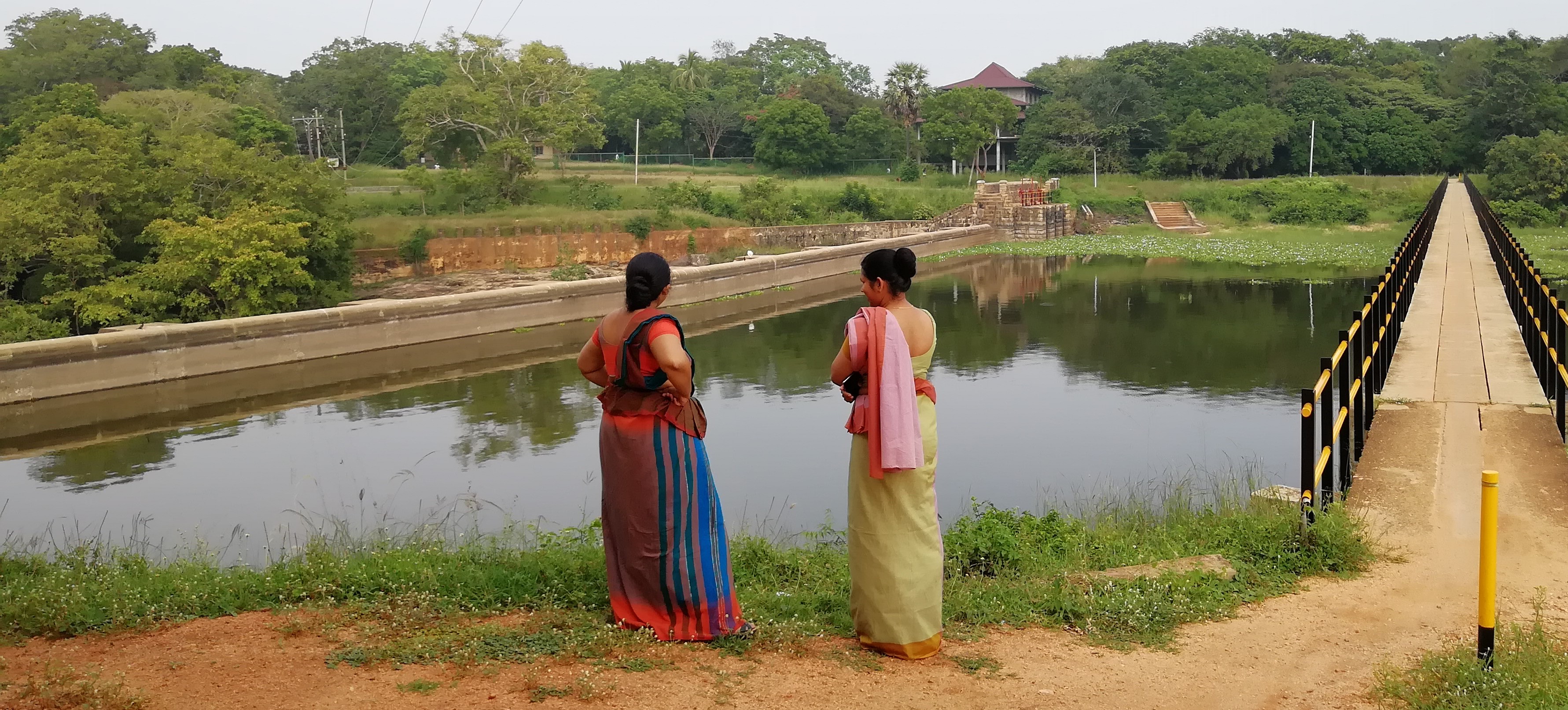
With more than 733 million people currently living in areas of high or critical water stress, and a projected 30 percent increase in global water demand by 2050, the question of water resources allocation has never been more important. Agriculture is by far the largest water user, accounting for 72 percent of global water withdrawals. At the same time, agriculture faces increasing competition from industry, cities, and the environment. Smallholder farmers are particularly vulnerable to changes in water access and availability.
ScaleWat addresses the critical need to improve the governance of water by elevating water tenure to help ensure equitable and sustainable water allocation. It raises awareness of governments and non-state actors as to the many different types of tenure arrangements and the different ways each type is governed. The project also highlights the need to underpin water tenure assessments with water accounting which helps ensure allocation decisions are based on sound information and trusted by stakeholders.
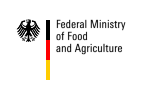
ScaleWat is funded by the Federal Ministry of Food and Agriculture of Germany (BMEL) and implemented by the Food and Agricultural Organization of the United Nations (FAO).
The project will focus on two regions, South-East Asia and Latin America, as well as one focus country in each region: Colombia and Thailand. Country-level activities will be implemented by national partners with support of the FAO Representations: the Division for Integrated Water Resources Management in the Ministry of Environment and Sustainable Development in Colombia, and the Office of the National Water Resources in Thailand.
The project objective is to deliver a consistent framework on water tenure governance, including the administration of water rights through improved water data and accounting, based on strengthened capacities in water tenure governance and in line with the COAG decision on water tenure and the Committee on World Food Security (CFS) recommendations on Water for Food Security and Nutrition.
To arrive to a consistent framework on water tenure in the two regions and two partner countries, the project works at global, regional and national levels.
At global level, the project will identify the proposed principles for the responsible governance of water tenure (including linkages with water rights administration, water tenure arrangements within water user organizations, and improved water data collection and water accounting) and organize expert consultations with UN-Water agencies and background documents.
The project will organize two multistakeholder dialogues on water tenure at regional level and two multistakeholder dialogues at national level with the participation of governments and actors from academia, civil society, private sector, and other UN-Water agencies.
Capacity development. Furthermore, and to apply the capacities build through the project, water accounting and tenure assessment studies will be implemented in pilot areas in Colombia and Thailand. The project will develop training materials on water tenure assessment and water accounting and how they complement each other; organize trainings for government institutions, farmers and water user organizations, civil society organizations, and universities on the processes and platforms required for information sharing.
Project components
Water tenure is defined as the relationship, whether legally or customarily defined, between people, as individuals or groups, with respect to water resources.
The objective of the ScaleWat project is to support member states, non-state actors and UN organizations in two regions and two pilot countries (Colombia and Thailand) in order to arrive at a consistent framework on water tenure.
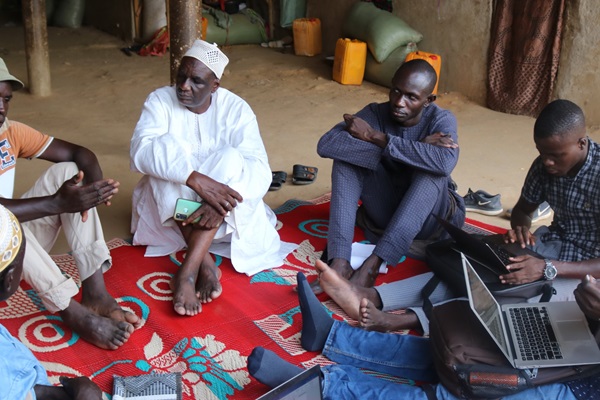
Water accounting is the systematic study of the current status and trends in water supply, demand, accessibility and use.
ScaleWat strengthens the capacities of decision makers and technical staff of government agencies, farmers’ organizations, academic and civil society organizations in Colombia and Thailand on integrated water resource assessment, including water accounting.
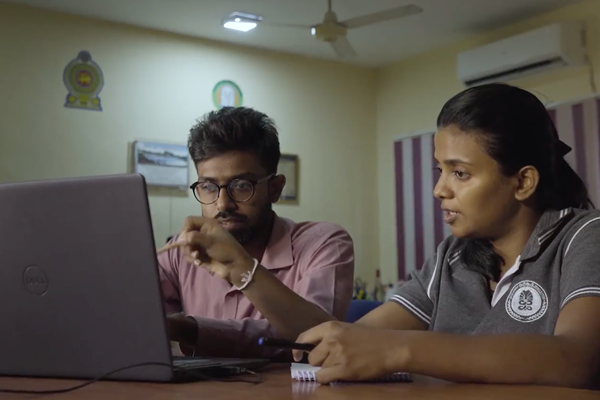
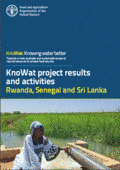
KnoWat project results and activities: Rwanda, Senegal and Sri Lanka
02/2023
ScaleWat builds on the results of the German-funded project “KnoWat: Knowing water better” (2019-2022).This short publication summarizes the key accomplishments...
